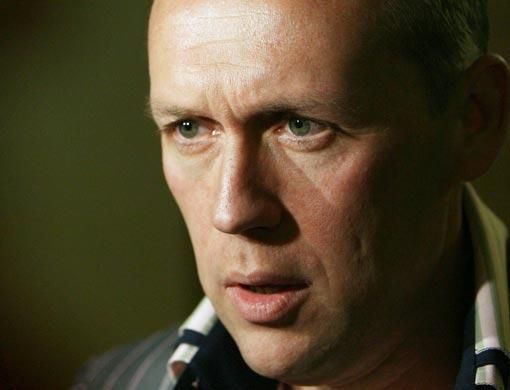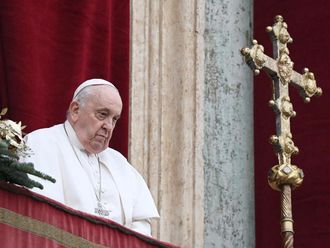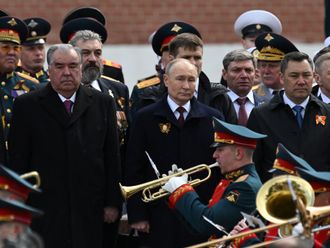London/Moscow: Britain's attempt to extradite a former Russian agent for the murder of an exile in London will be a stark test of East-West ties that appear to be reaching levels of mutual distrust rarely seen since the Cold War.
Moscow says its laws prevent it from handing over Andrei Lugovoy, a former KGB agent who British police believe travelled to London last year and poisoned exile Alexander Litvinenko with the rare radioactive isotope polonium-210.
The case illustrates with spy-novel detail the new conundrum Western countries face in dealing with their old Kremlin Cold War foe, which has risen in the past few years from bankruptcy to oil-rich assertiveness.
"The Litvinenko case is only one and a very small part of the whole process of the degradation of Russia's relationship with the West," said Yuri Fedorov, of London's Chatham House think-tank.
"There is - maybe not a crisis - but a serious, substantial degradation with this relationship," he said. "I wouldn't call it a new Cold War ... Maybe a cold peace."
Britain is talking tough about its extradition request.
"No one should be under any doubt about the seriousness with which we regard this case. Murder is murder,"" Prime Minister Tony Blair's spokesman said.
In turn, Moscow accuses London of sheltering fugitives, including tycoon Boris Berezovsky, who has called for President Vladimir Putin's overthrow, and a Chechen rebel leader. British courts say they could not get a fair trial in Russia.
The extradition feuds come amid East-West arguments on a range of issues from missile defence to human rights to a Russian ban on imports of Polish meat that has stymied efforts to agree a new Russia-EU partnership deal.
Regional disputes simmer over issues like Iran and Kosovo.
Meanwhile, a lawyer said that as Alexander Litvinenko lay dying of radioactive polonium in a London hospital, a fellow former KGB agent wrote angry letters from a Ural Mountain prison colony saying he had warned that a government hit squad was hunting Litvinenko.
After a series of sensational accusations by prisoner Mikhail Trepashkin, 50, authorities transferred him to a higher security barracks.
Trepashkin's lawyers say he has been placed in conditions that exacerbated his chronic asthma, putting his life in peril.
Several human rights organisations have repeatedly appealed for his release or for improved medical treatment. In late March, the US-based group Human Rights First cited concerns that the prisoner "could die in custody".













